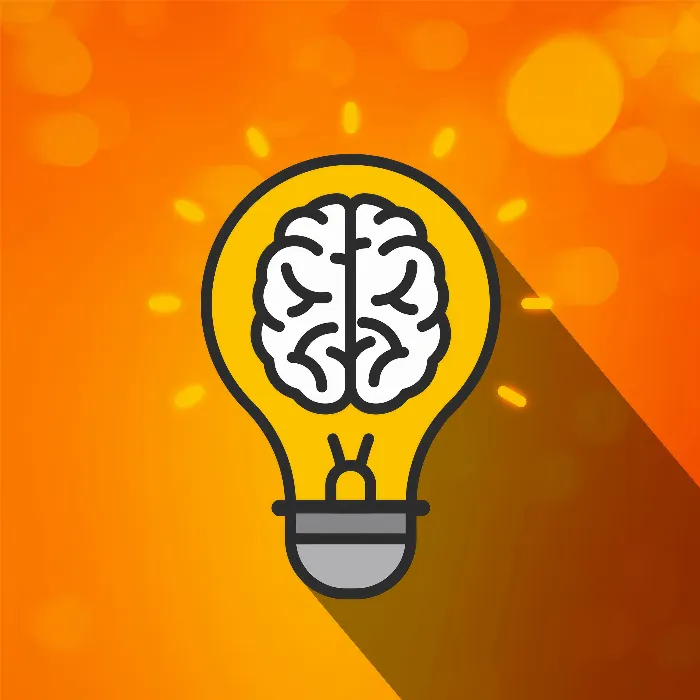Every person makes mistakes – that is an unavoidable reality. The way you handle these mistakes can make the difference between stagnation and personal growth. While some people spiral into their mistakes and condemn themselves, there are others who use setbacks as a springboard for their development. In this guide, you will learn how to view your mistakes not as failures, but as valuable lessons. Let’s embark on this journey into the world of the growth mindset!
Key Insights
- Errors are normal and unavoidable.
- How you deal with mistakes determines personal growth.
- A growth mindset helps leverage setbacks as learning opportunities.
- Reflect on your mistakes to achieve future improvements.
Step-by-step Guide
1. Accept that mistakes are part of the learning process
When you try something new, the likelihood of making mistakes is high. This realization should make it clear to you that mistakes are not the end, but a part of the learning process. Once you are aware of this, you can begin to change your approach. Pay attention to the emotional reactions that mistakes evoke in you. Is it shame or frustration? These emotions are normal, but it is crucial not to interpret them as a definitive judgment of your abilities.
2. View mistakes as learning opportunities
A mistake is more than just a negative experience; it offers you the opportunity to learn and develop. Instead of condemning yourself, ask what you can learn from the situation. This reevaluation of your mistakes can aid in breaking negative thought patterns and fostering a more productive mindset. In this step, it's about accepting the emotions and transforming them into a chance for further development.
3. Analyze the situation
Take time to reflect on what exactly went wrong. What factors contributed to this mistake? Avoid falling into self-critical analysis, and focus instead on gathering facts and understanding your role in the situation. An objective view of the events is crucial to learn from your mistakes and prevent future ones.
4. Draw concrete conclusions
Based on your analysis, you should draw concrete conclusions. What could you do differently next time? Consider alternative actions or strategies that can help you avoid similar mistakes in the future. It's important to think proactively and identify areas for improvement.
5. Practice setback reflection
Howard Gardner describes in his book "Extraordinary Minds" that particularly successful people transform setbacks into future successes. To strengthen this ability, you should practice targeted reflection exercises. Think of a situation from the past where you felt bad. Transport yourself back to that moment and experience the associated emotions. The goal is to extract the lessons from this experience.
6. Document your insights
Take notes on the insights you gained from reflection and analysis. Record what you want to do differently and what positive changes you can strive for. These notes serve not only as a reminder but also as motivation for future challenges.
7. Develop a growth mindset
Make sure that you want to learn from mistakes in the future. Approach a challenge with a growth mindset, recognizing that every situation provides you with the opportunity to learn. Respond to future difficulties with the awareness that you need to learn, not prove yourself.
Summary – Mistakes as Opportunities: How to Learn from Your Setbacks
Learning from your own mistakes is a fundamental skill that allows you to grow both personally and professionally. By viewing mistakes as opportunities, reflecting analytically, and developing a growth mindset, you can turn setbacks into valuable lessons. Take the time to analyze your mistakes to learn from them and develop further. The key is to not see mistakes as personal failures, but as valuable occasions for improvement.
Frequently Asked Questions
How do I deal with mistakes?It is important to view mistakes as learning opportunities and not to judge them as personal failures.
What is a growth mindset?A growth mindset is the belief that abilities can be improved through effort and a willingness to learn.
How can I learn from my mistakes?Analyze the situation, draw concrete conclusions, and document your insights for the future.
Why is it important to learn from mistakes?Learning skills help you grow and thrive both personally and professionally.
What role do emotions play in learning from mistakes?Emotions are normal accompaniments of mistakes, and it is important to accept them and incorporate them into the analysis.


